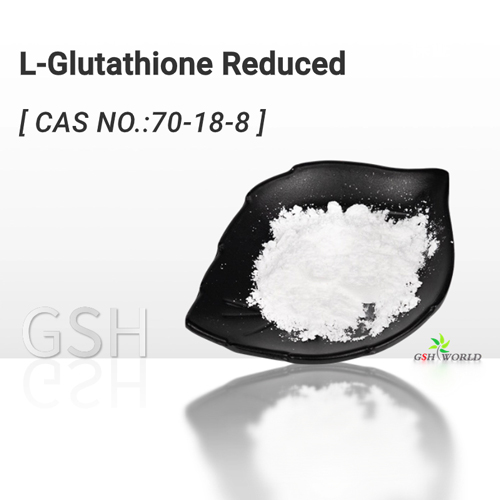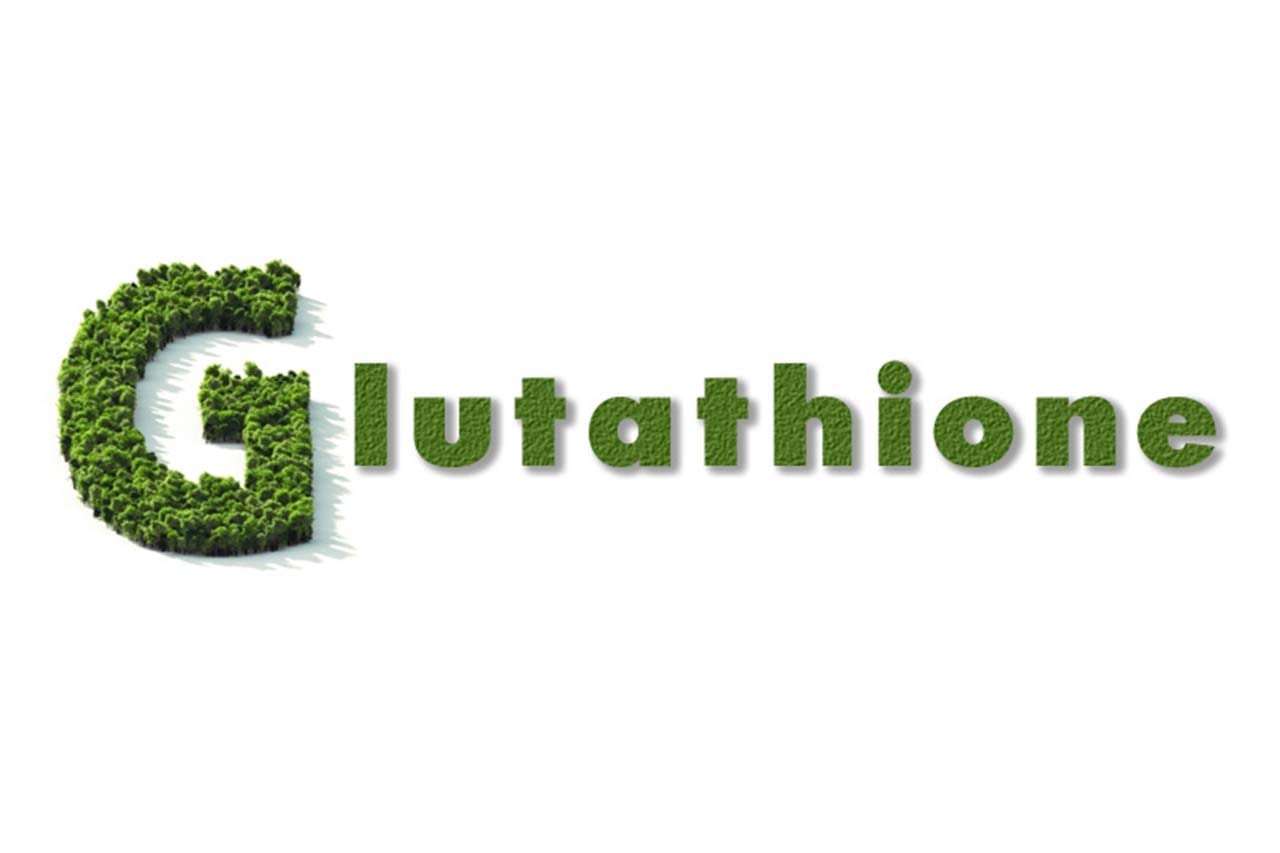A detailed analysis of the role and deficiency of Glutathione (GSH) in the human body:
role of glutathione in human body
Glutathione, a tripeptide molecule composed of glutamate, cysteine and glycine, is the most important endogenous antioxidant in the human body and has the following core functions:
(1) Antioxidant defense
Neutralize free radicals: Directly remove reactive oxygen species (ROS) and free radicals to protect cell membranes, proteins and DNA from oxidative damage.
Regeneration of other antioxidants: Reduce antioxidants such as vitamin C and vitamin E to maintain antioxidant network circulation.
Maintaining REDOX balance: Dynamic regulation of cellular oxidation status through GSH/GSSG (reduced/oxidized type) ratio.
(2) Detoxification function
Binding toxins: Bind to heavy metals (lead, mercury), drug metabolites, and environmental toxins to form water-soluble complexes that are excreted through bile or urine.
Support liver detoxification: As a key molecule in phase II detoxification reaction, it participates in toxin metabolism of liver cytochrome P450 system.
(3) Immune regulation
Enhance immune cell activity: promote the proliferation and function of T lymphocytes and natural killer cells (NK cells).
Regulation of inflammatory response: inhibition of pro-inflammatory factors (such as NF-κB, TNF-α), reduce chronic inflammation.
(4) Metabolism and cell protection
Maintain mitochondrial function: protect mitochondrial membrane integrity and support energy (ATP) synthesis.
Promotes protein synthesis and repair: participates in protein folding and DNA repair processes.
Regulation of apoptosis: intervenes in abnormal cell death by affecting mitochondrial permeability.
(5) Other special functions
Skin whitening: inhibit tyrosinase activity and reduce melanin production.
Anti-aging: delay telomere shortening and protect telomerase activity.
Neuroprotection: Reduces neuroinflammation and improves oxidative damage in Parkinson’s disease and Alzheimer’s disease.

Glutathione deficiency
Low levels of glutathione are associated with a variety of diseases, and deficiency can be caused by reduced production, increased consumption, or genetic defects, as follows:
(1) Common causes of deficiency
Nutritional deficiency: lack of synthetic raw materials such as cysteine, selenium and vitamin B6.
Chronic diseases: diabetes, chronic liver disease, cancer, etc. increase oxidative stress and accelerate GSH consumption.
Aging: GSH synthase activity decreases with age.
Genetic defects: Mutations in the glutathione synthase (GSS) or gamma-glutamylcysteine synthase (GCL) genes.
(2) Clinical manifestations of deficiency
Liver: fatty liver, hepatitis, cirrhosis; Detoxification decreased and lipid peroxidation increased
Immune system: Repeated infections with autoimmune diseases (such as rheumatoid arthritis); Immune cell function is suppressed and inflammation is out of control
Nervous system: Parkinson’s disease: Alzheimer’s disease, neurodegeneration; Neuronal oxidative damage, mitochondrial dysfunction
Skin: dark spots, wrinkles, delayed wound healing; Free radicals accumulate and collagen degradation is accelerated
Metabolic system: insulin resistance, type 2 diabetes; Oxidative stress interferes with insulin signaling
How to maintain glutathione levels
Diet and lifestyle
Supplement with precursors: cysteine-rich foods (whey protein, eggs), sulfur-containing vegetables (broccoli, garlic), selenium (Brazil nuts).
Reduce oxidative stress: Stop smoking, limit alcohol, and avoid excessive sun exposure.
Moderate exercise: Short-term high-intensity exercise can temporarily increase GSH, but excessive exercise may deplete GSH.
Direct replenishment strategy
Oral supplements: Preference for liposomal glutathione or S-acetyl-L-glutathione (high bioavailability).
Intravenous: for severe deficiency or clinical treatment (such as liver protection after chemotherapy).
Synergist: With N-acetylcysteine (NAC), alpha-lipoic acid, vitamin C.
Research evidence and controversy
Supporting data:
Clinical trials have shown that glutathione supplementation improves liver function in patients with non-alcoholic fatty liver disease (Journal of Clinical and Experimental Hepatology, 2017).
GSH levels in cerebrospinal fluid are significantly reduced in patients with Parkinson’s disease (Neurology, 1996).
Controversial points:
Whether oral glutathione is effective in raising intracellular GSH levels remains controversial and depends on specific dosage forms (e.g., liposomes).
Long-term high dose supplementation may interfere with the feedback mechanism of GSH synthesis.


